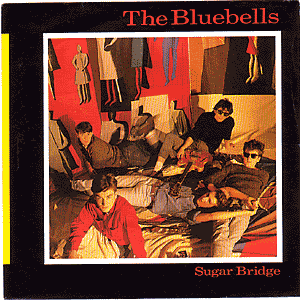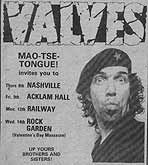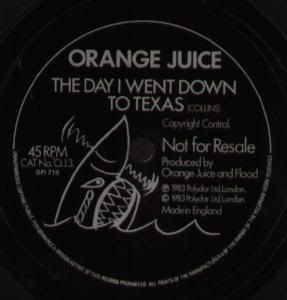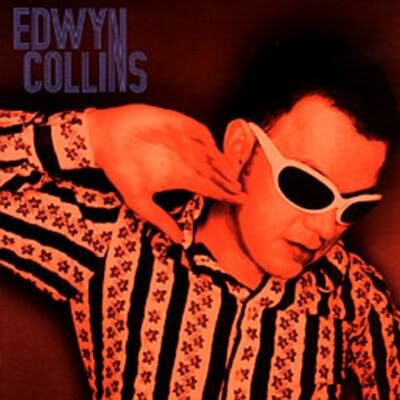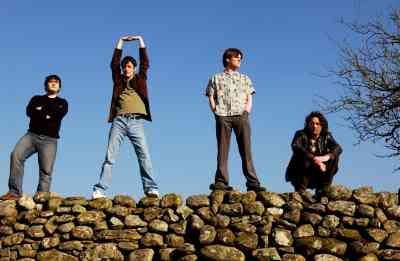
Next to the muddy waters of Glasgow's River Cart lies Castlemilk. There, back in the 1960s, the Glasgow Coporation created tower blocks to accommodate people from inner city slums such as the Gorbals, known for many years as "the most dangerous place in the U.K." The scheme failed, however, as over the decades Castlemilk became much like the area it was designed to replace: crime-ridden, destitute, ripe with everyday ennui; adults on the dole and gangs of teenaged "Cassies" brandishing knives.
From Castlemilk emerged Cosmic Rough Riders. Listen to a bit of their music, though, and you wouldn't know it. You'll wonder how a tiny patch of Glasgow brimming with despair and hopelessness can produce a group channeling the sun-dappled, California spirit of 60s artists like The Byrds and Crosby, Stills & Nash.
According to band member Gary Cuthbert, Glaswegian acts with the same sunny disposition as the Cosmic Rough Riders are not uncommon. "Glasgow is a haven for happy 60s music," Cuthbert said in an interview. "It probably comes from country music. If you go to karaoke in Glasgow, you'll always see old women singing Patsy Cline songs."
Hear it for yourself. Download: "Glastonbury Revisited" by Cosmic Rough Riders. The song was originally featured on Cosmic Rough Riders' 1999 debut album, Deliverance, which was recorded at C-Sharp, the community recording studio in Castlemilk. Then song was later re-released on Enjoy The Melodic Sunshine after the band signed a license deal with Poptones Records, the newly-formed label of ex-Creation Records head Alan McGee.
